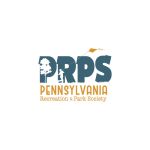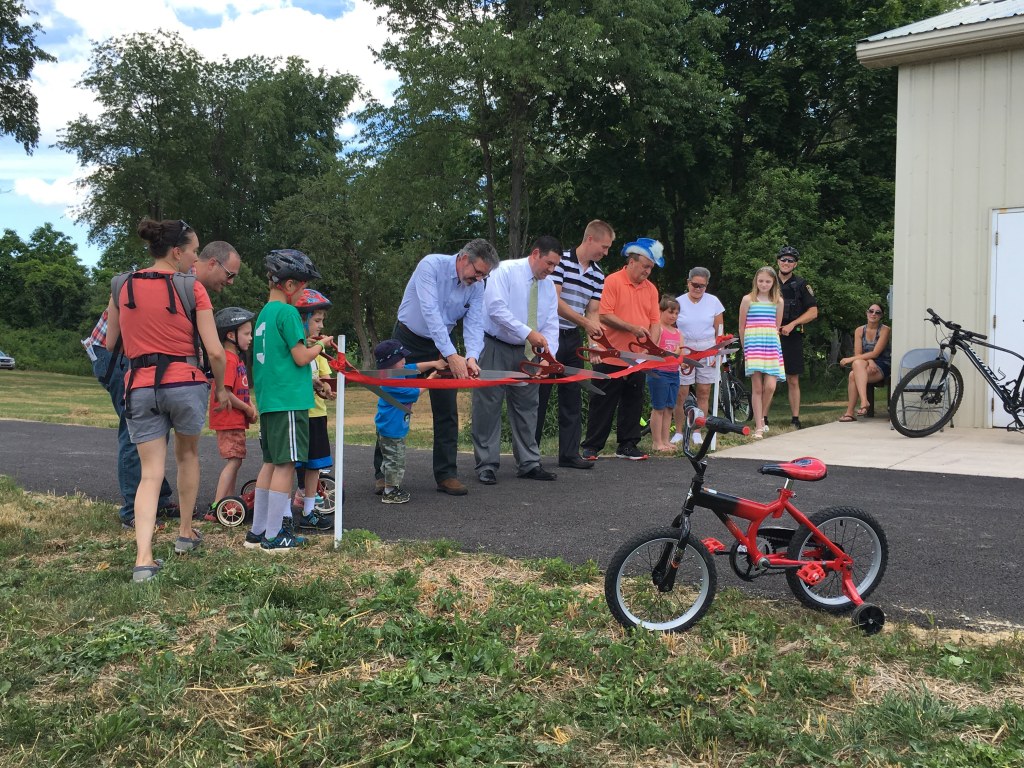Taking a trip inside the mind of your local officials
As much as we wish for it, there’s simply not enough money to do everything we would like to do in parks and recreation. Still, we do our best by being resourceful with existing dollars, finding new ways to save, partnering to increase efficiencies, and advocating for officials to make favorable budget decisions. Elected and appointed officials dictate the slice of our budget pie and can approve or deny policies to support our funding and cost-saving initiatives. Given this reality, what would improve the odds of favorable budgetary and policy decisions from these officials?
The National Recreation and Park Association commissioned a study which sought to better understand local officials’ priorities, attitudes, and intentions regarding their local communities and their budgetary decisions. Full disclosure – I was principal investigator of that study.
While there are several study take-aways, one comparison particularly stands out… those conditions or factors which relate to greater funding allocations among local officials. We found officials said they would allocate more of their budget to parks and recreation if they: (a) personally used them, (b) perceived them to be of poor quality, and (c) if they believed them to be important to the local community. OK, then what would make parks and recreation more important to local officials? Here, we found parks and recreation was perceived as more important when: (a) it was perceived to address important community issues, (b) when the public was perceived to very vocal in their support of parks and recreation, and (c) when there was an excellent relationship between the local official and park and recreation director.
How might these findings shape our work? The first implication is to figure out what officials think is important to their office and to the community. From there, provide compelling evidence on how your parks and recreation activities contribute to these important issues – you should use both data and stories to make your case. My colleague at the Pennsylvania Recreation and Park Society, Niki Tourscher, suggests we first find out what parks and recreation really means to your local officials and, if it’s a particularly narrow view, expand your conversation to explain the many other facets and benefits of parks and recreation, particularly how it connects to their priorities.
Second, do your best to establish positive working relationships with your local officials. Greg Weitzel, Director of Parks and Recreation for the City of Las Vegas, highly recommends we read and apply lessons from the classic book, How to Win Friends and Influence People by Dale Carnegie to improve relationships with your officials. Recognize, however, you’re not going to win over everyone. Finally, it goes without saying that you should let the community be your voice – work toward a strong volunteer and advocacy base who can advocate to local officials on your behalf. For more information our findings, check out our infographic here:
https://www.linkedin.com/feed/update/urn:li:activity:6623660640827437059/
Finally, let’s hear from you… What suggestions do you have for to work effectively with local officials?


